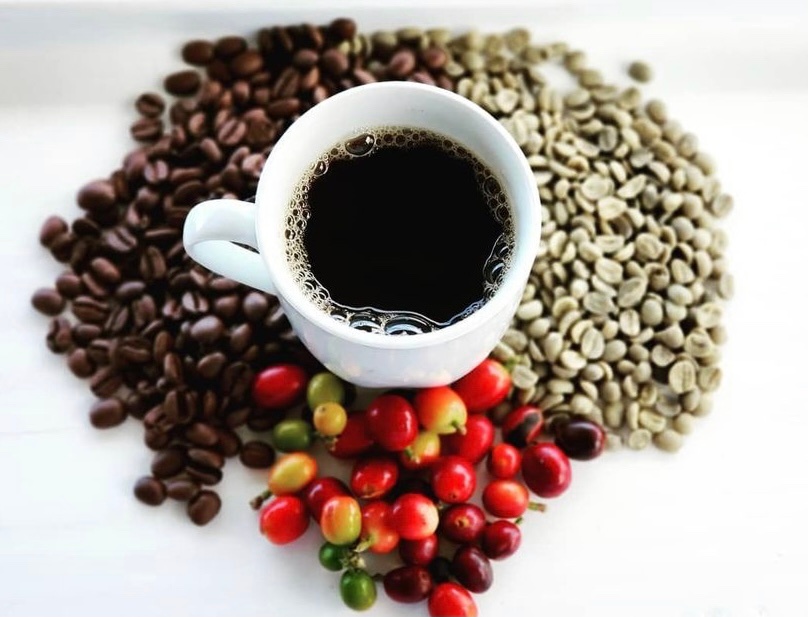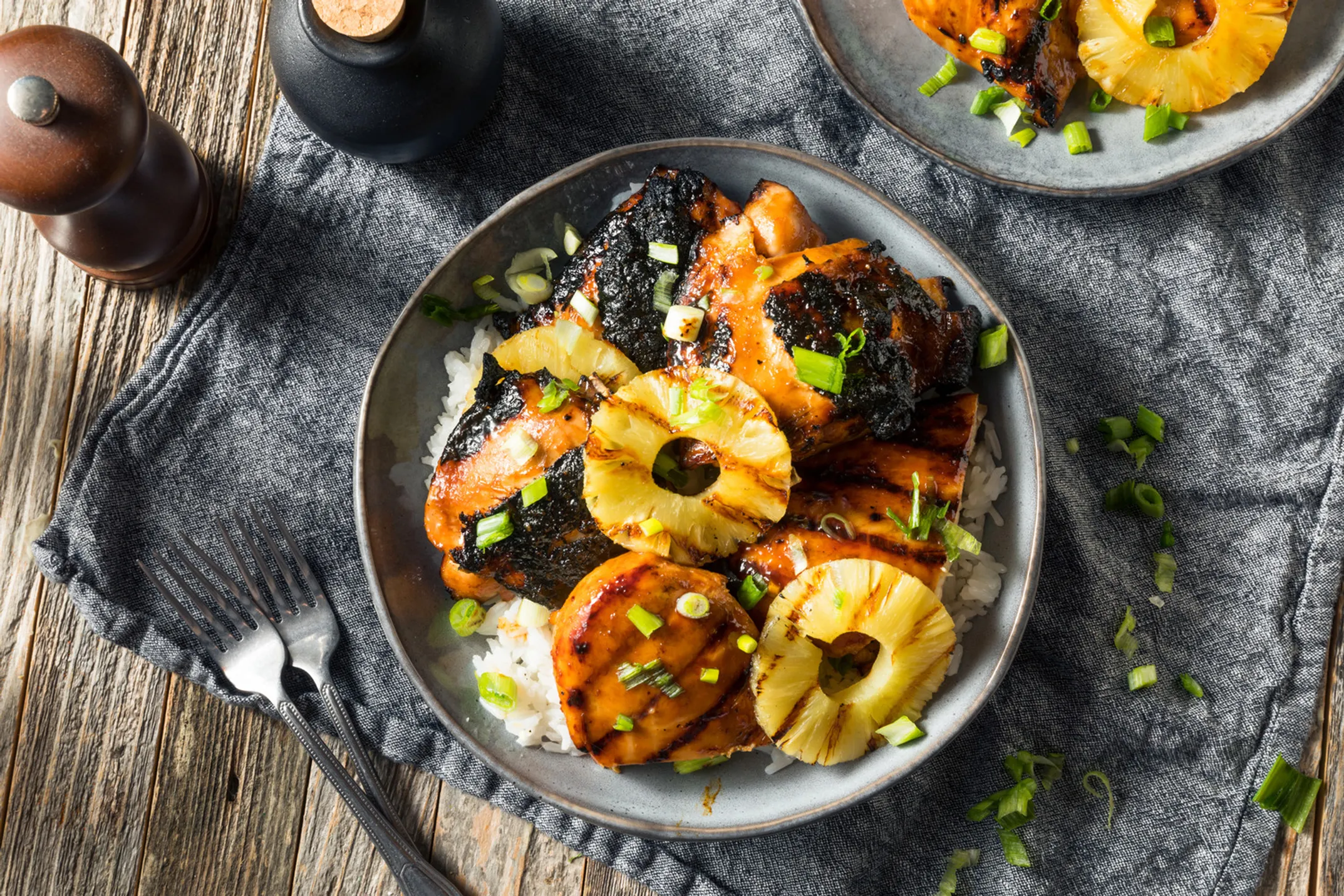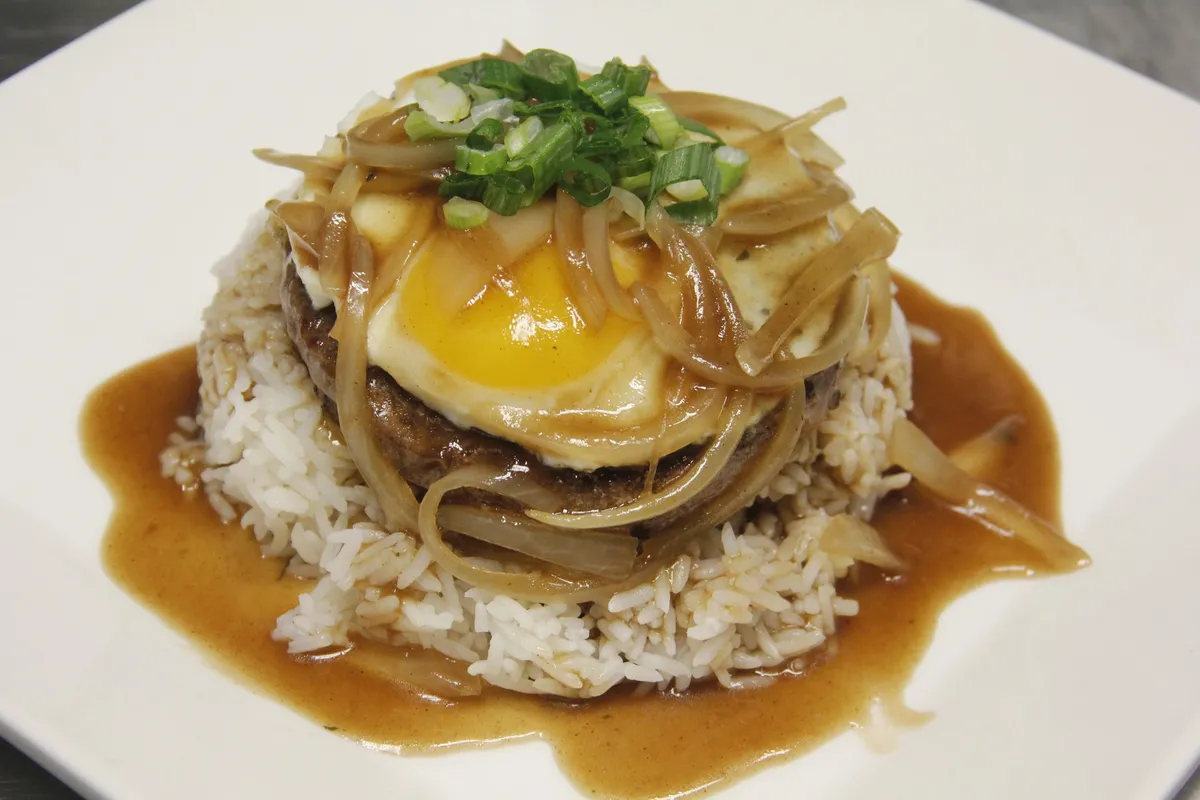
“Brew Your Best Cup”- Coffee Brewing Workshop
Heavenly Hawaiian Coffee Farm • Farm • Holualoa, Island of Hawaii • Hawaii

Today's culinary stars building on HRC foundations while forging new paths

Written by a Cultural Practitioner
Leilani AkoToday's chefs build on HRC foundations while pushing boundaries and telling new stories. The principles established in 1991—local sourcing, cultural fusion, culinary excellence—continue to evolve with a new generation that brings fresh perspectives while honoring traditions.
These modern culinary artists understand that Hawaiian cuisine isn't stuck in the past—it's constantly growing. They bring innovative techniques, deeper sustainability commitments, and renewed focus on indigenous ingredients while respecting the cultural significance of food in Hawaiian society.

Modern Hawaiian cuisine: elevating beloved local dishes like loco moco with refined techniques while honoring traditional flavors
The real magic happens when you experience it yourself. When you taste poi made from kalo grown in traditional patches. When you eat fish caught that morning from pristine waters. When you share a plate lunch with new friends who become 'ohana.
The new generation brings diverse backgrounds and innovative approaches while maintaining deep respect for Hawaiian culture and ingredients. Each chef tells their own story while contributing to the collective narrative of Hawaiian cuisine.
Two-time Top Chef finalist serving "Hawaiian comfort food" at Tin Roof and Lineage, celebrating Filipino heritage within Hawaiian culture.
"Local first, organic whenever possible, with aloha always" - champions indigenous ingredients like 'ulu and kalo at his restaurants.
Former Miro Kaimuki and Senia chef bringing French and Japanese techniques to local ingredients for globally competitive fine dining.
MW Restaurant husband-wife team creating sophisticated modern Hawaiian hospitality with dishes like Mochi-Crusted Kampachi.
Top Chef veteran at Koko Head Cafe reimagining local breakfast favorites like cornflake French toast and katsu fried chicken and waffles.
Mud Hen Water chef focusing on vegetable-forward cooking using indigenous and traditional plants with local farmers.
The HRC principle of local sourcing evolved into a critical sustainability movement. Hawai'i imports 85-90% of its food—a vulnerability exposed during the pandemic. This reality gives the local food movement new urgency and connects to the ancient Hawaiian principle of aloha 'āina—deep love and respect for the land.
Restaurants like UMI use every part of ingredients - citrus peels become garnishes, vegetable scraps become salts, fish bones become broths.
Producers use rotational grazing and sustainable farming methods that improve soil health while creating incredible flavors.
Sustainable fish farms growing kampachi and abalone using land-based systems that don't impact ocean ecosystems.
MW Restaurant, former Senia
Tin Roof, Koko Head Cafe
Mud Hen Water, Town
The future of Hawaiian cuisine looks bright. Young farmers are returning to the land. New restaurants open regularly featuring local ingredients. Food festivals grow bigger each year. Cooking schools teach traditional techniques alongside modern methods.
Organizations like 'Ai Pono connect schools with local farms. Community gardens bring neighborhoods together through shared growing and cooking.
Hawaiian cuisine influences global food trends. Poke bowls appear worldwide. The fusion approach pioneered here inspires cooks everywhere.
But the most important element remains unchanged: the connection between people, food, and place. That's what makes Hawaiian cuisine special. It's not just about recipes or techniques—it's about relationships.
When you eat local food in Hawai'i, you're supporting farmers, fishermen, and food producers who care about the land. You're participating in an economy that values sustainability over profit. You're helping preserve cultural traditions while encouraging innovation.
You're also experiencing something delicious. Because at the end of the day, all the history and culture and sustainability don't matter if the food isn't good. Fortunately, Hawaiian cuisine is amazing. The combination of incredible ingredients, diverse influences, and passionate cooks creates flavors you can't find anywhere else.
"Food is the universal language of hospitality."
In Hawai'i, that hospitality comes with extra meaning. Aloha isn't just a greeting—it's a way of life that includes sharing what you have with others. This spirit of generosity and connection defines Hawaiian cuisine at its core.

Heavenly Hawaiian Coffee Farm • Farm • Holualoa, Island of Hawaii • Hawaii

